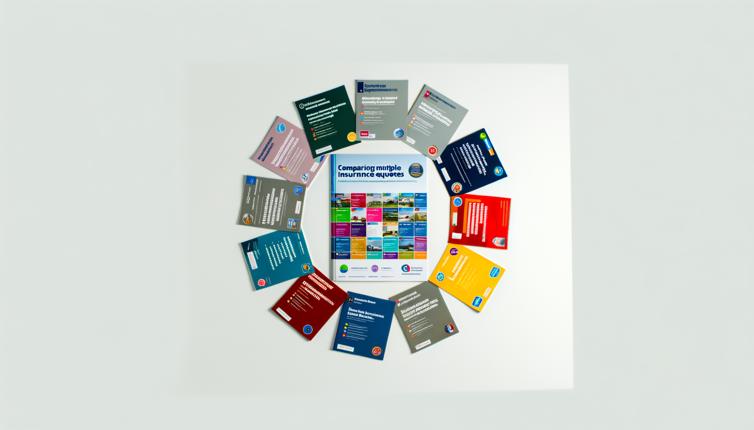Types of Insurance Fraud
1. Staged Accidents: This occurs when individuals intentionally cause accidents to make fraudulent insurance claims.,2. False Claims: This involves policyholders making false or exaggerated claims to receive a larger payout from their insurance company.,3. Premium Fraud: This occurs when policyholders provide false information to obtain a lower premium rate for their insurance policy.,4. Identity Theft: This involves someone stealing another person's identity to fraudulently obtain insurance and make claims on their behalf.,5. Arson Fraud: This occurs when individuals intentionally set fire to property to collect insurance money.,6. Workers' Compensation Fraud: This involves employees falsely claiming work-related injuries to receive compensation benefits.,7. Health Insurance Fraud: This includes submitting false medical claims or using someone else's health insurance information for personal gain.
Impact of Insurance Fraud
Insurance fraud has significant consequences for both insurance companies and policyholders.,1. Increased Premiums: Insurance fraud leads to higher premiums for everyone, as insurance companies need to recover the costs incurred due to fraudulent claims.,2. Limited Coverage: Insurance companies may become more cautious and restrict coverage options to mitigate the risk of fraud.,3. Financial Loss: Policyholders who fall victim to insurance fraud may lose money and face difficulties in receiving legitimate insurance payouts when needed.,4. Legal Consequences: Insurance fraud is a criminal offense, and individuals caught committing fraud may face legal penalties, including fines and imprisonment.
Protecting Yourself from Insurance Fraud
1. Review Policies: Thoroughly read and understand your insurance policies to ensure you know what is covered and what is not. This will help identify any discrepancies or potential fraud.,2. Be Cautious: Stay vigilant and be cautious of individuals or companies offering deals that seem too good to be true. Research and verify before making any financial decisions.,3. Report Suspicious Activity: If you suspect insurance fraud, report it to your insurance provider or relevant authorities. Your prompt action may help prevent further fraud.,4. Protect Personal Information: Safeguard your personal information, such as social security numbers and insurance policy details, to prevent identity theft.,5. Seek Professional Advice: Consult with insurance professionals or attorneys to understand complex policies or claims processes and ensure you are not being taken advantage of.
Conclusion
Insurance fraud is a serious issue that affects both insurance companies and policyholders. By understanding the different types of fraud, its impact, and taking preventive measures, you can protect yourself from becoming a victim of insurance fraud. Remember, honesty and ethical behavior are crucial in maintaining the integrity of the insurance industry.








